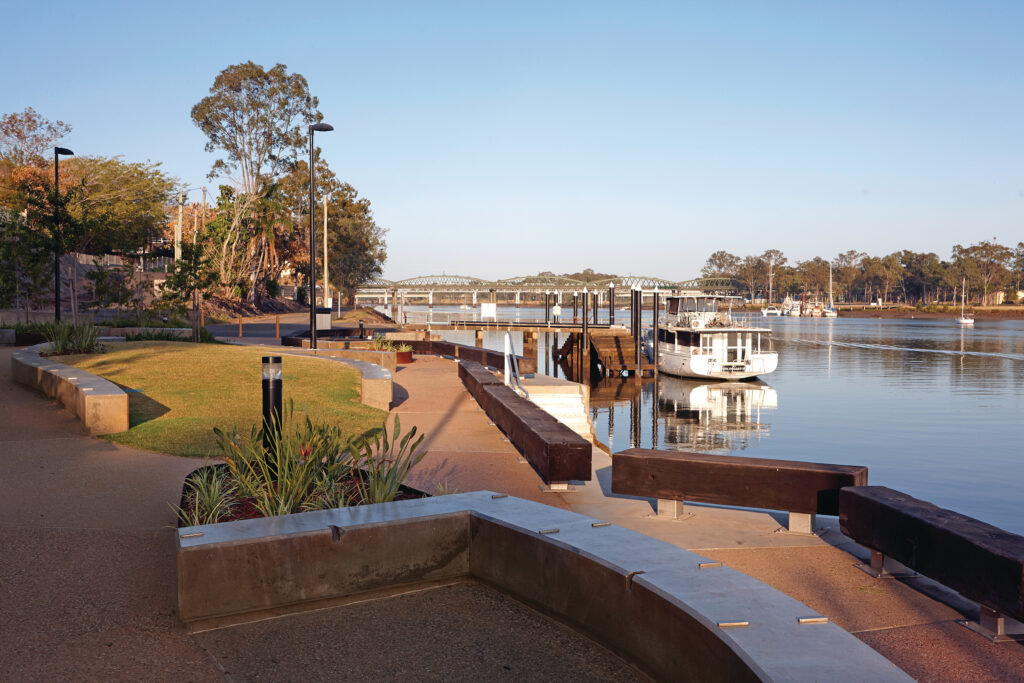
Problems like school disengagement, family violence, or housing stress are rarely caused by a single factor and they can’t be solved by a single service. That’s why systems change thinking is so important, especially in regional communities like Bundaberg.
The Water of Systems Change outlines six conditions that hold complex problems in place: policies, practices, resource flows, relationships, power dynamics, and mental models. These range from the obvious (like funding rules) to the invisible (like community attitudes). To create real change, we need to work across all six.
In Bundaberg, efforts to build better pathways for young people are beginning to reflect this thinking. For instance, a project to reduce youth disengagement might start with new services (practice), but quickly reveal that the real barriers are fragmented funding (resource flows), rigid eligibility rules (policy), or mistrust between families and agencies (relationships). Without shifting these deeper conditions, change remains limited or short-lived.
The SPSP report shares similar examples from Logan and Burnie, where local teams used data and storytelling to influence how services work together and eventually, how decisions are made. Bundaberg is now following this path, with growing investment in cross-sector governance, community voice, and place-based planning.
In a 2021 briefing paper, the Griffith University Policy Innovation Hub noted that regional systems are especially vulnerable to “policy drag” when well-meaning programs fail to match local realities. That’s why Bundaberg’s place-based approach is so powerful: it focuses on understanding and shifting the actual conditions that shape people’s lives.
This means challenging assumptions, reallocating resources, and creating new feedback loops. It means inviting the community into conversations about what’s working and what isn’t. And it means recognising that local leadership and lived experience are critical parts of the solution.
Systems change isn’t fast. But by working across all levels from structure to mindset Bundaberg is laying the groundwork for breakthroughs that last.
Find the Full The Water of Systems Change Report and SPSP Early Evidence Report of Community-Led Change for further reading.
Written by Gayle Reynolds (Co-Founder Welcome to Bundaberg)
